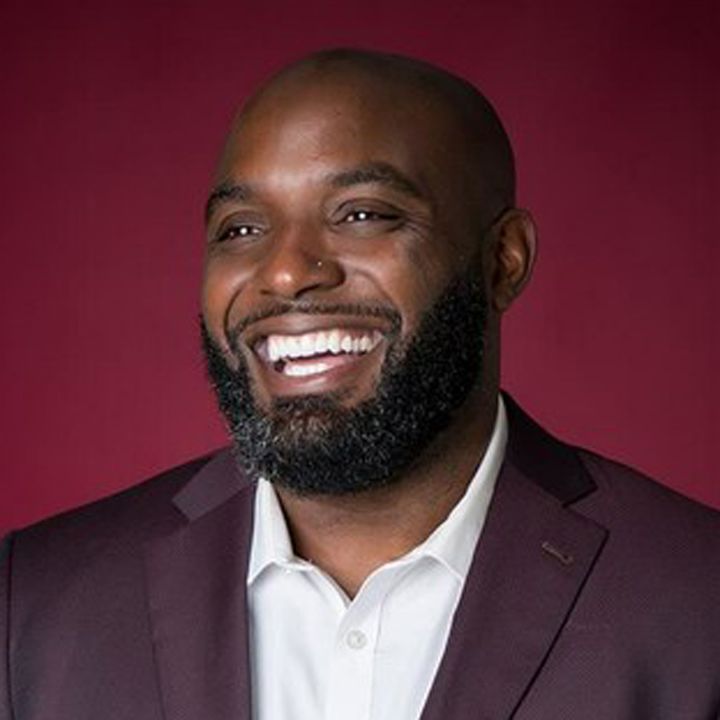Smoking isn’t a habit, Smoking is an addiction.
As I encounter tobacco smokers in my practice, my family, and in the community, one supreme issue comes through: smoking for these “hold-outs” despite smoke-free practices, taxes, and in-your-face campaigns is smoking is an addiction, and we need to start fully appreciating this problem more effectively in order to have an even greater impact.
National campaigns have made great strides in decreasing the smoking rate over the last 50 years . . . from almost half of all Americans in 1965 to a new low of 15% in our most recent report. Unfortunately, that 15% still represents 47 million people, who still need help to stop.
Think about it . . . if someone said “Let’s take a leaf from a plant, dry it, wrap it up, set fire to it, and then inhale its smoke repeatedly” many would think the idea is crazy. People who have never smoked struggle to understand because many still believe smoking is a ‘habit’ like spitting in public or chewing gum. Many believe we can effect change by repeatedly saying “just say no” or by making logical associations between smoking and premature death. While these approaches will (and have) worked with some, the many others who have continued to smoke in the face of these campaigns need better, more effective information that truly addresses why they don’t stop.

Smoking Statistics
Unfortunately, a disproportional number of smokers come from underprivileged minorities. Consider these smoking numbers from the CDC’s most recent data (2014):
· More than 29 of every 100 American Indians/Alaska Natives (29.2%)
· Nearly 28 of every 100 multiple-race individuals (27.9%)
· More than 18 of every 100 Whites (18.2%)
· More than 17 of every 100 Blacks (17.5%)
· About 11 of every 100 Hispanics (11.2%)
· More than 9 of every 100 Asians (9.5%)
And these numbers are after many heroic and largely successful campaigns.
What remains are still 70% of smokers who actively want to stop, and 40% who have actually tried in the last year. If smoking was truly a ‘habit’, most if not all of these people would have stopped already.
What percentage of people who actually want to stop spitting in public, or stop chewing gum, are successful? I bet the number is in the high 90’s. True ‘habits’ while aggravating to handle, aren’t that hard to break. The body’s addiction to nicotine is rapid and strong.
False Beliefs

Unfortunately, many of the 47 million people who still smoke also believe smoking is a habit. They actually believe they are ‘choosing’ to smoke. Many think they ‘want’ to smoke. But the evidence to the contrary is overwhelming. With economic strains, unemployment, low pay, and decreasing wages, why would someone choose to pay $8 for a pack of cigarettes (here in Cleveland, Ohio) which totals 40 cents per cigarette! Based on the time to smoke a cigarette . . . 6 minutes, they pay 40 cents for 6 minutes of satisfaction. People with financial hardships are not willingly choosing to spend that kind of money for a ‘habit.’
Add the overwhelming horrible health data associated with smoking which essentially says that whatever time a smoker spends smoking is lost on the back end. To put it differently, every minute spent smoking takes a minute off of your life. These are hard truths that almost everyone knows, but remains ignored by many.
To then call smoking a ‘habit’ in the face of all of these truths, is missing an overly obvious point.
The Cost of Tobacco Keeps Rising
Many believed that raising the cost of cigarettes would simply ‘price-out’ its widespread use, and to a limited extent, it has, but unfortunately the hardened addicts will simply ‘find’ the money to buy ‘what they need’ at almost any cost. Former Surgeon General C. Everett Koop, the first to assert that smoking was an addiction, initially faced strong opposition from the general public. His mandate to place warning labels on cigarette packs was revolutionary, and one warning simply states: ” Smoking causes a strong addiction, do not start it”.
My overriding point to the smokers reading this article is to recognize the evidence staring you in the face. Recognize that a “nicotine fit” is evidence of withdrawal from an addictive substance. Recognize that planning your day around smoking breaks, deciding your travel options based on smoking availability, and spending an outlandish amount of money on tobacco . . . are ALL signs of severe addiction.
Smokers cannot take steps to address an addiction unless they first recognize its presence. The non-smokers (including many of my doctor colleagues) also need to stop having the smug “I’m not that stupid to smoke” and “why don’t you just stop” attitude about the smokers in their practice. Physicians should understand the pure difficulty involved in stopping smoking. Addictions are not stupid, they are real, strong, difficult to overcome, and need to be addressed in a sensitive and effective way. Patients need a physician they trust to work with them to overcome this huge health problem.
Smoking is an addiction
Addiction is merely a diagnosis to be addressed. It is not a sign of personality weakness or inferiority. Like high blood pressure, strokes, lactose intolerance, and the flu, addictions need to be treated with the proper approach. Let’s start recognizing and treating nicotine addiction with proven and multi-pronged approaches. And let’s take the taxes we collect from current tobacco users and help them stop.















